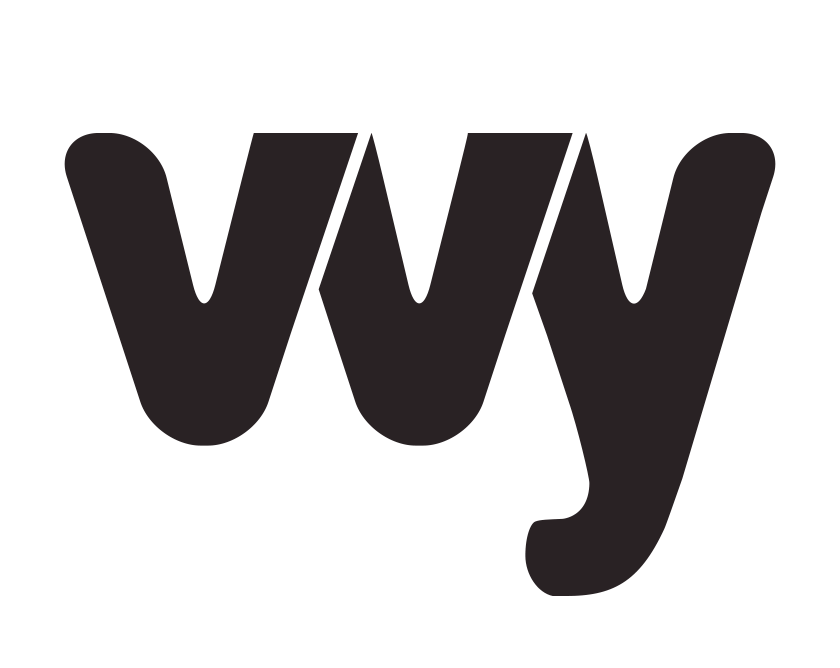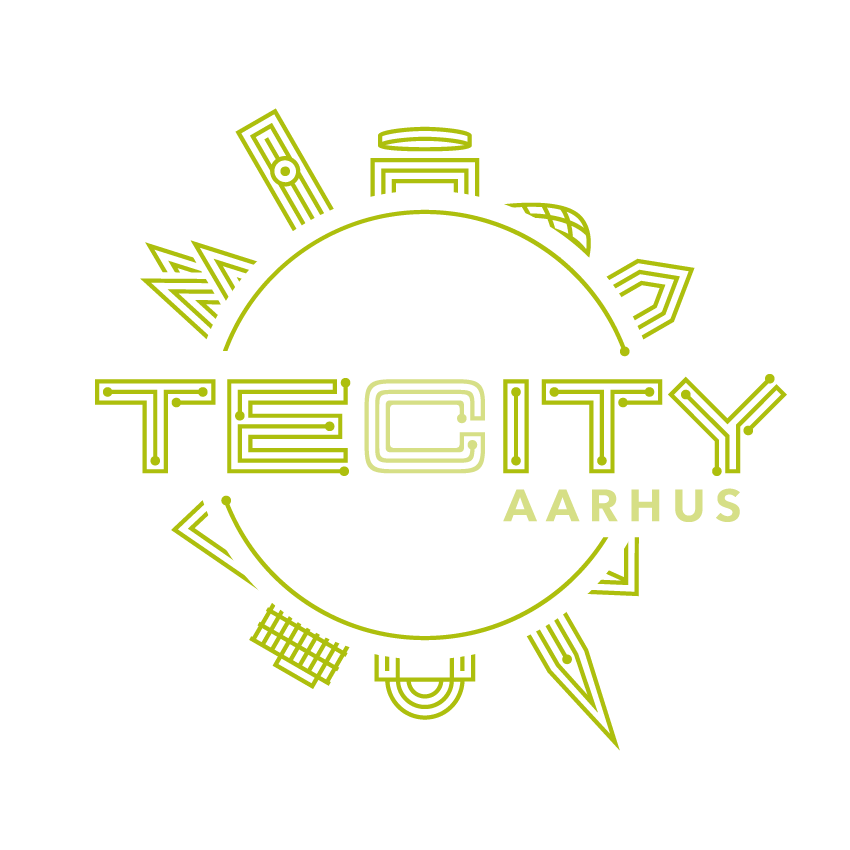Aarhus must be an entrepreneurial city. But it needs to find its own path and be more open


On Monday afternoon, Danish Tech Startups and Startup Aarhus invited politicians, entrepreneurs and stakeholders to a debate on how Aarhus can take the next step as a startup city. And not least how the municipality can actively support the ecosystem.
On stage in The Kitchen, six city council candidates sat side by side: Steffen Skovfoged (Venstre), Shawn Patrick Owens (Konservative Folkeparti), Metin Lindved Aydin (Radikale Venstre), Sarah Jarsbo (Enhedslisten), Sinisa Lozo (Moderaterne) and Peter Esmann (Socialistisk Folkeparti).
Moderator Mette Hoberg Tønnesen from Startup Aarhus opened the debate with a short quiz where the candidates were tested on how close they are to the entrepreneurial environment. It revealed both broad entrepreneurial experience and gaps in their knowledge of the city’s fastest growing startups. But it set a curious and listening tone for the rest of the debate.
“We should not be a small version of Copenhagen. Aarhus must build something unique,” said Steffen Skovfoged (V), with broad support from the panel, where most agreed that the city must define its own path somewhere between Jutlandic down-to-earthness and international ambitions.
The municipality must dare to fail
Several of the candidates pointed out that Aarhus Municipality is currently too heavy and too rule-driven to collaborate effectively with startups. For Steffen Skovfoged, who founded the edtech company Uniwise, the point was clear: If the municipality is to promote innovation, it must become part of it.
“The municipality must dare to experiment and dare to fail. That’s the only way we’ll get innovation,” he said and suggested that Aarhus become an AI-first municipality, where local startups get access to data and cases for test projects.
Sarah Jarsbo (Ø), who is the new spidskadidat for Enhedslisten in Aarhus, agreed that the courage to experiment is lacking, but she emphasized who gets to try new things.
“If we want impact, we also need to create stability. We need to make room for the small and the new voices, otherwise it will be the same ones that are always allowed,” she said, pointing to the need for a cultural change where the municipality shows trust instead of control.
Shawn Patrick Owens (C) shared the desire for a more flexible municipality. Shawn Patrick Owens put it this way:
“It is the enthusiasts who create development. The municipality must create a framework, not rules.”
Sinisa Lozo (M) focused particularly on flexibility, local freedom and cooperation between municipality and business. He emphasized that the municipality should act more as an enabler, not as a governing body. He also pointed out that temporary grants should be used for operations so that small entrepreneurial communities and associations can maintain continuity, instead of having to reinvent projects every year to get funding.
The battle for talent
When the conversation turned to growth and internationalization, it was widely agreed that Aarhus’ biggest challenge is not just about attracting talent, but getting them to stay.
Metin Lindved Aydin (B), an architect and serial entrepreneur, pointed out that the city lacks offers that make it attractive for international families to put down roots.
“We keep talking about attracting talent but forget to retain them. We lose many because there is a lack of services for their children and spouses,” he said, suggesting an international primary school and better support for accompanying partners.

Steffen Skovfoged (V) supported this and emphasized that Aarhus should see itself as an international city with local values.
“We shouldn’t copy Silicon Valley, but we can learn from their ability to create community and narrative. We have everything it takes, but we need to believe in it more.”
Shawn Patrick Owens (C) also highlighted family life and well-being as key to growth. He described Aarhus as a city that has the potential to be both human and ambitious.
“It’s about making it easy and attractive to live in Aarhus – not just work here.”
Green growth and local solutions
Peter Esmann (F) focused on the climate and the link between green innovation and entrepreneurship. He called for a more active use of municipal procurement as a tool for creating new businesses.
“There are plenty of small, green startups that can provide solutions, but they are excluded by the big tenders. The municipality should divide up the tasks so that more people can bid,” he said.
Peter Esmann (F) also suggested that Aarhus position itself as a green integrator between research environments, corporates and startups – and floated the idea of an Aarhus Startup Summit focusing on sustainable innovation.
Sarah Jarsbo (Ø) added to the perspective. Green transition should not only be measured in CO2 reductions, but also in social sustainability and local community.
“We need to think about the green transition together with jobs and local communities. That’s how we get everyone on board,” she said.
Metin Lindved Aydin (B) added that green urban development and entrepreneurship are increasingly linked.
“When we build in wood and experiment with new materials, we create both climate results and businesses. That’s where Aarhus can lead the way.”
The debate showed that regardless of party color, the candidates broadly want an Aarhus that dares to experiment, collaborate and take ownership of its own narrative.
For these ambitions to become a reality, as many noted, it requires the municipality to not only support the ecosystem, but to become part of it.
The debate was held on 27 October 2025 and organized by Danish Tech Startups and Startup Aarhus.
